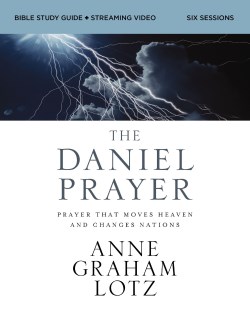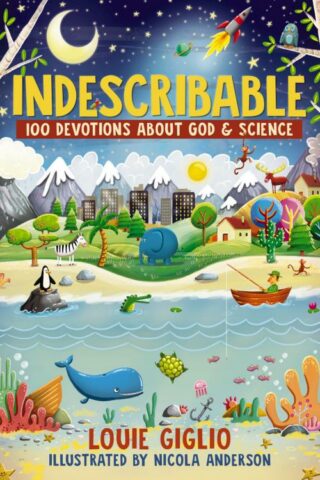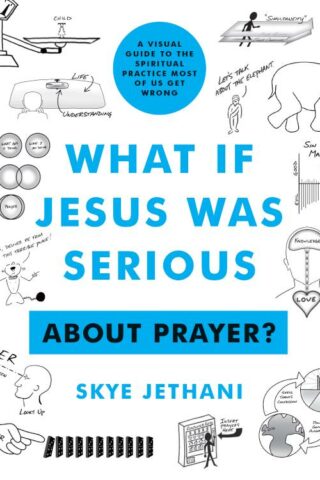Sandra Polaski
Showing the single result
-
Inside The Red Tent
$16.99The story of Dinah receives little more than a mention in the Bible, as it gives rise to a bloody massacre. Not so with Anita Diamant’s The Red Tent (Picador 1998). Diamant weaves ancient history and culture with narrative fiction to draw a picture of what life might have been like for the women in Jacob’s life. With skill and passion, Sandra Hack Polaski unravels the complexities of the biblical stories of Leah, Rachel, Zil’pah, Bil’hah, and Leah’s daughter Dinah, probing aspects of The Red Tent that give us insight into the text and into the lives of women in the ancient Near East. Inside the Red Tent brings readers into the biblical and historical contexts of the world of Dinah and her four mothers, exploring their stories through the tradition of midrash, sound biblical scholarship, and archeological findings. She gives us a glimpse “inside the red tent” at the families, relationships, encounters, goddesses, and God that defined their lives and that define ours.
Add to cartin stock within 3-5 days of online purchase










